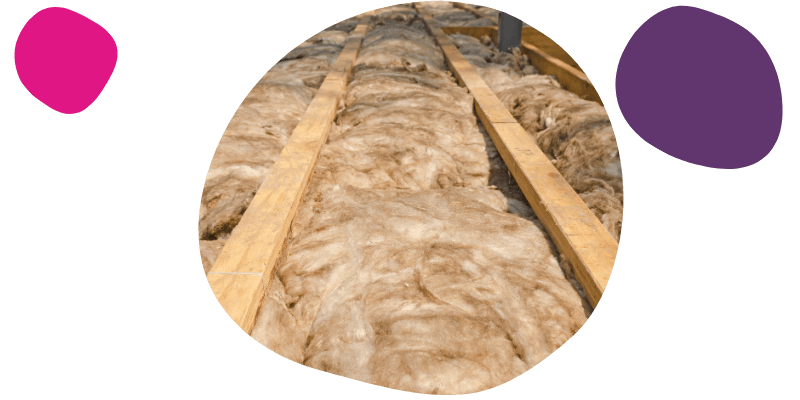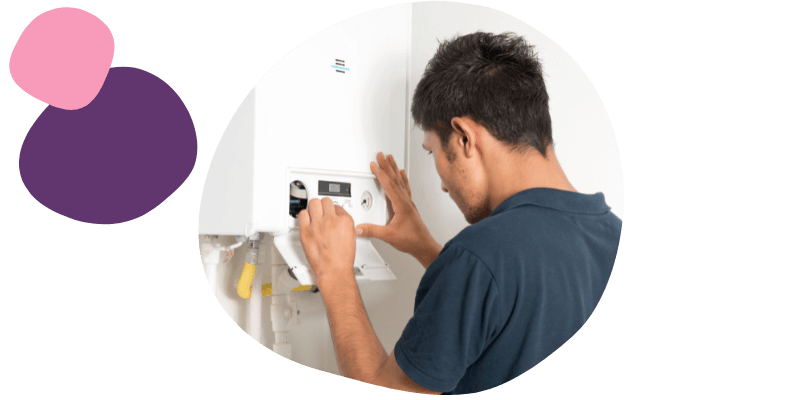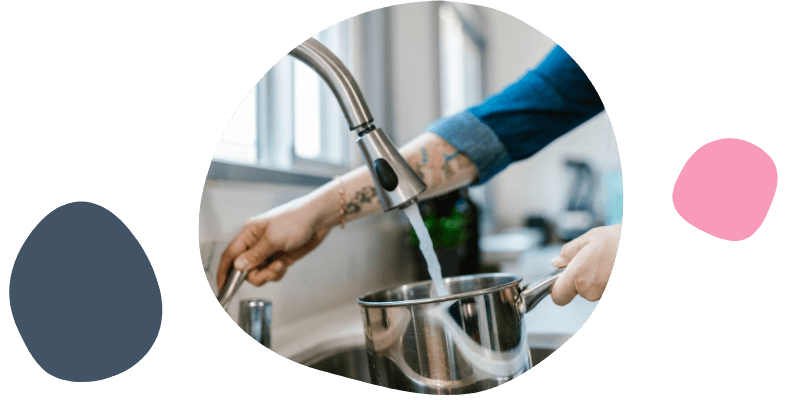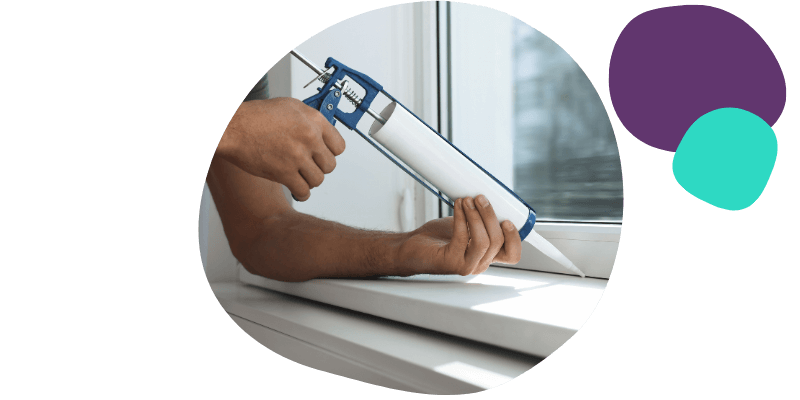How to Conduct a Home Energy Assessment: Step-by-Step Guide
Ever feel a mysterious chill despite cranking up the heating? Or maybe summer bills leave you confused about the cost? Here at Your Co-op Energy, we are all about empowering you to save energy and keep those bills under control. That's why a home energy audit is a fantastic tool! Think of it as a detective mission for your home, uncovering sneaky energy drains and leading you to a more comfortable, cost-effective living space.
Now, you may think a professional audit sounds great, but what if you're looking for a more DIY approach? Fear not, this guide will equip you with the knowledge to conduct your own free home energy assessment, step-by-step.
Grab Your Tools to conduct a free home energy audit (UK residents)
To carry out the most effective home energy assessment, you'll need a few handy supplies:





